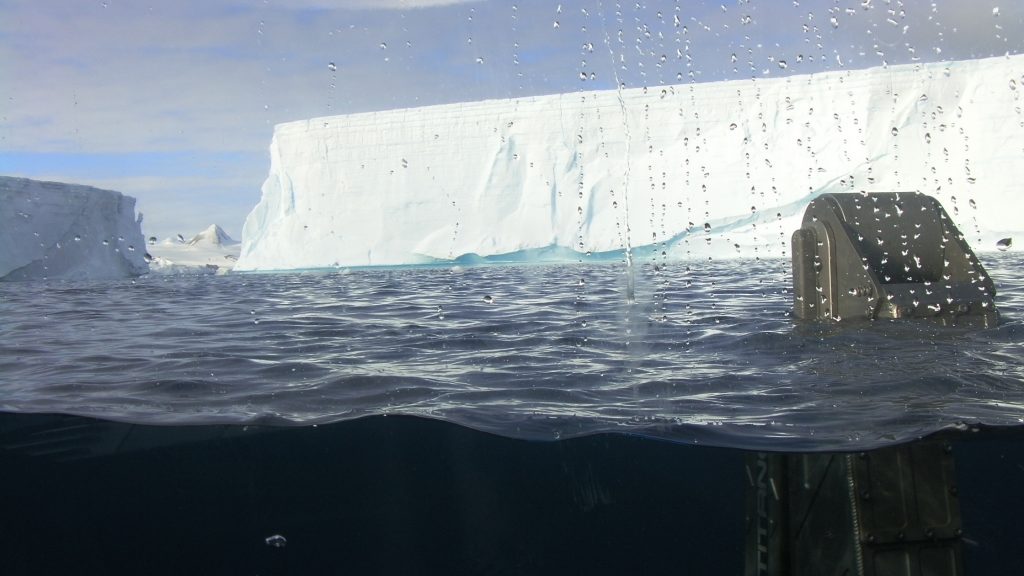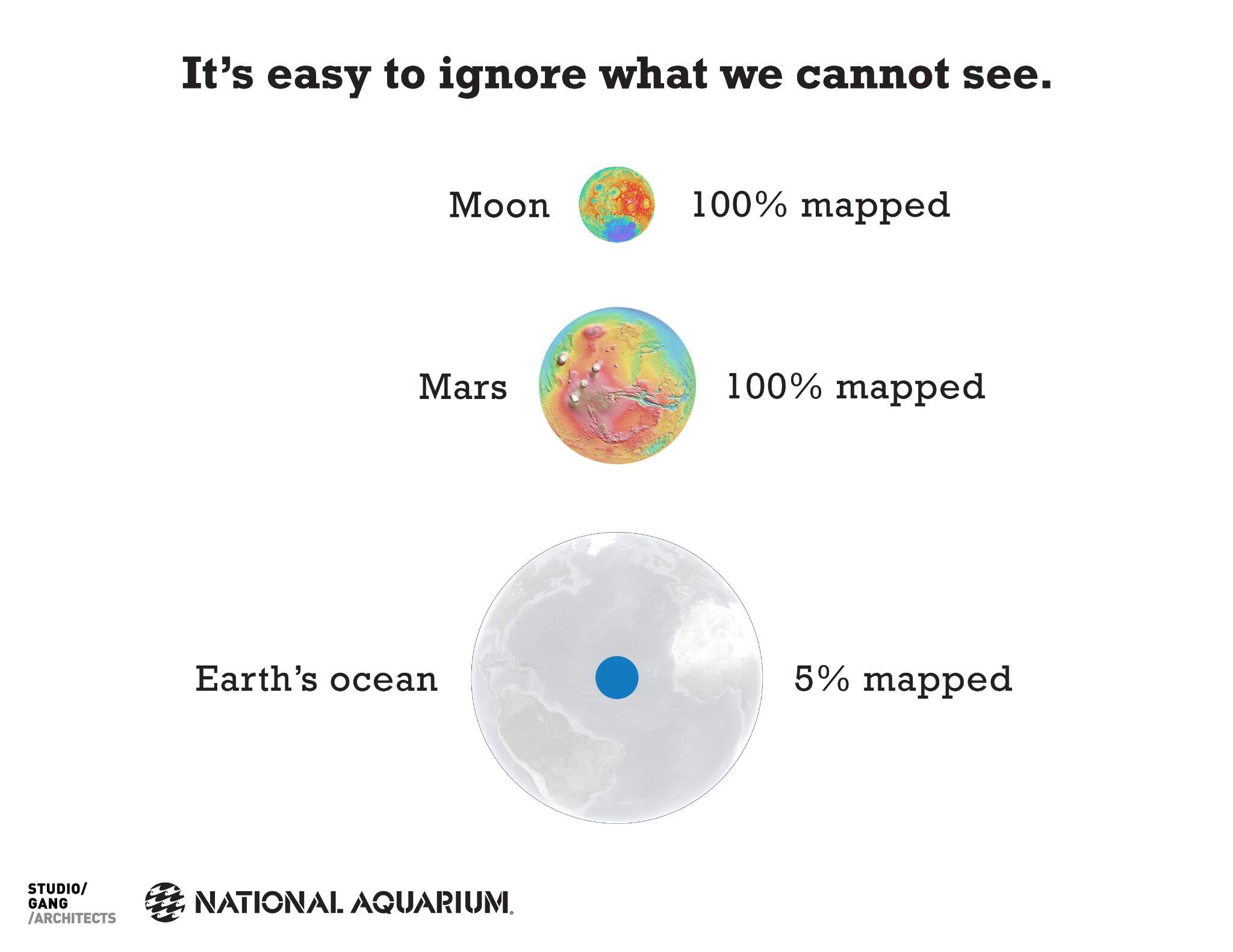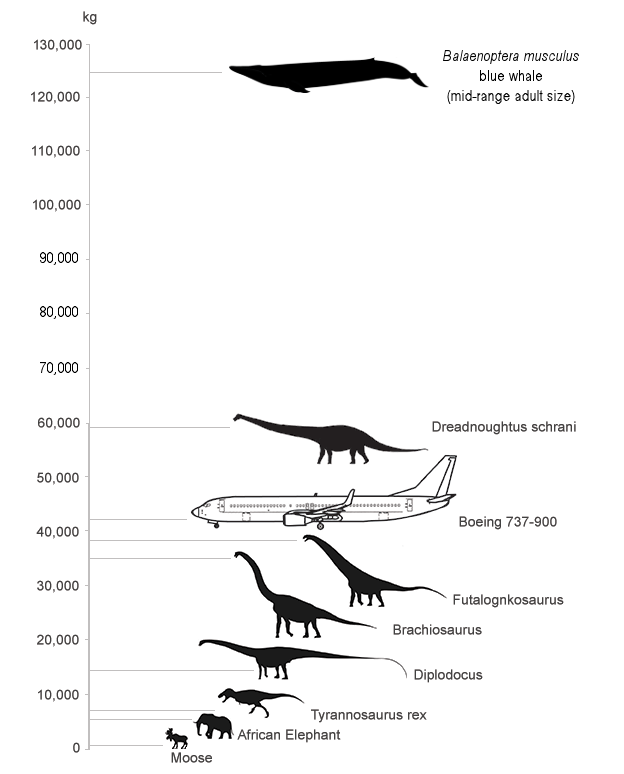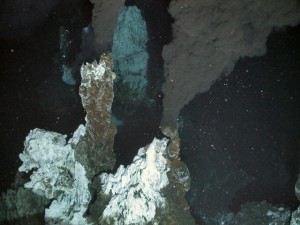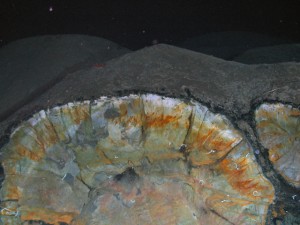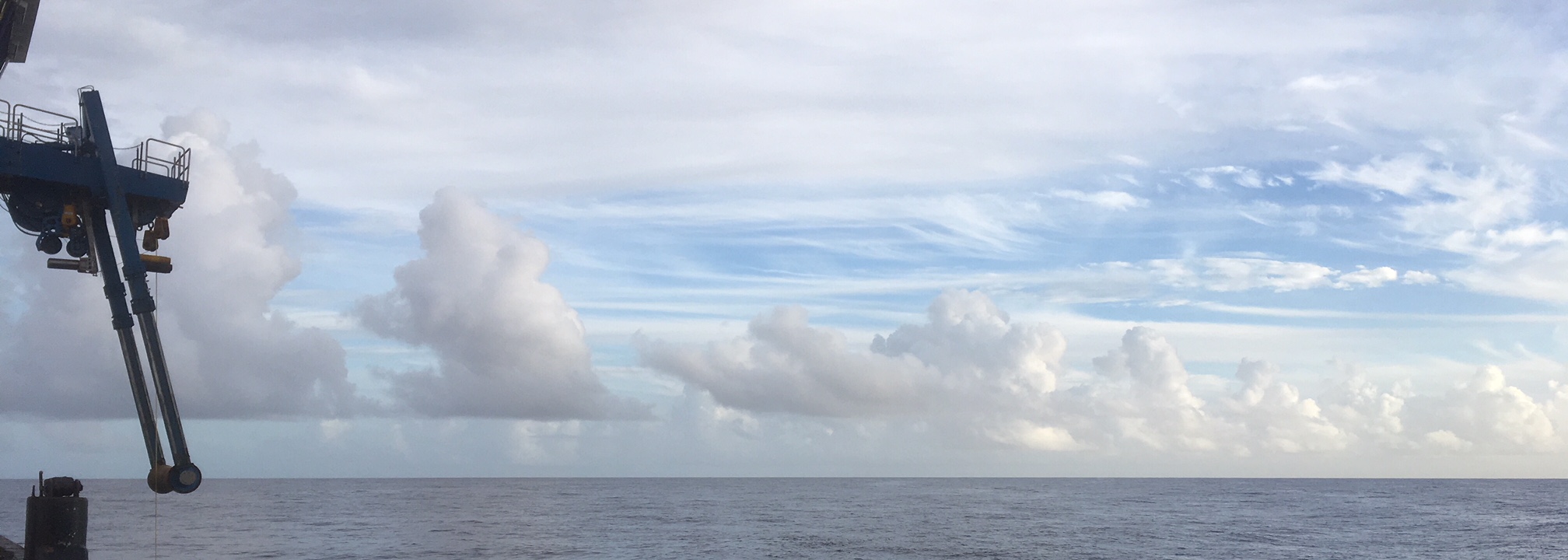
Our deep-ocean expedition in numbers
Our last day of science sampling and we are collecting water just above a site where we suspect there is low-temperature fluid flow at the seafloor 2.5km below the ship. This is the site that in 1974 was named TAG after dredging hydrothermal deposits from the eastern rift-valley wall.
Continue reading →

